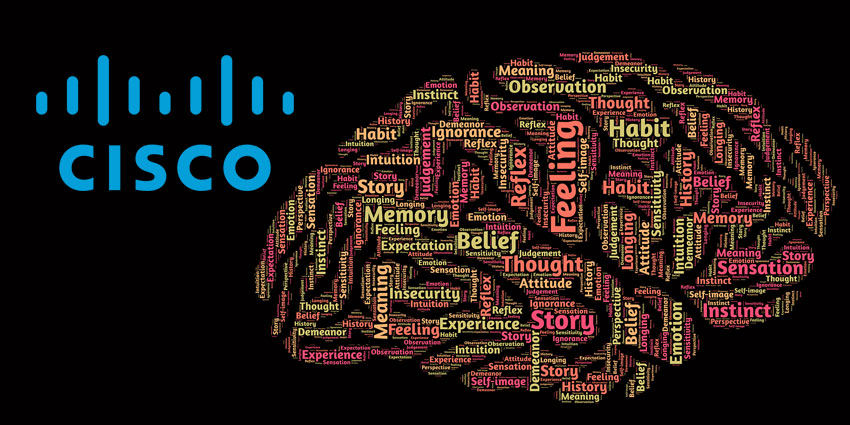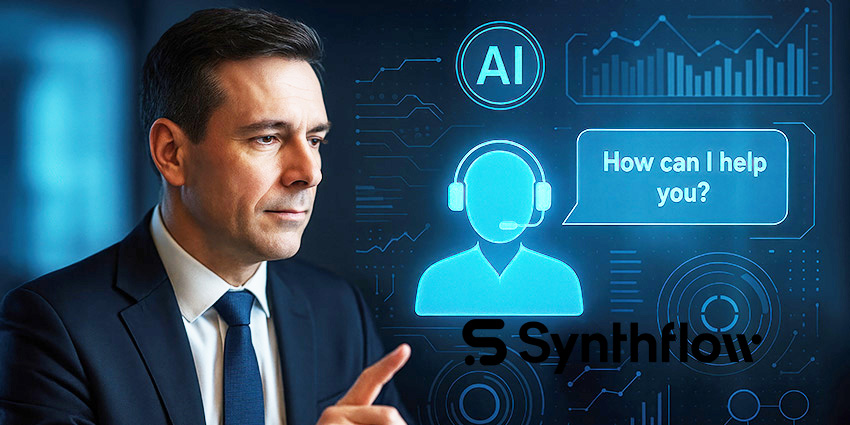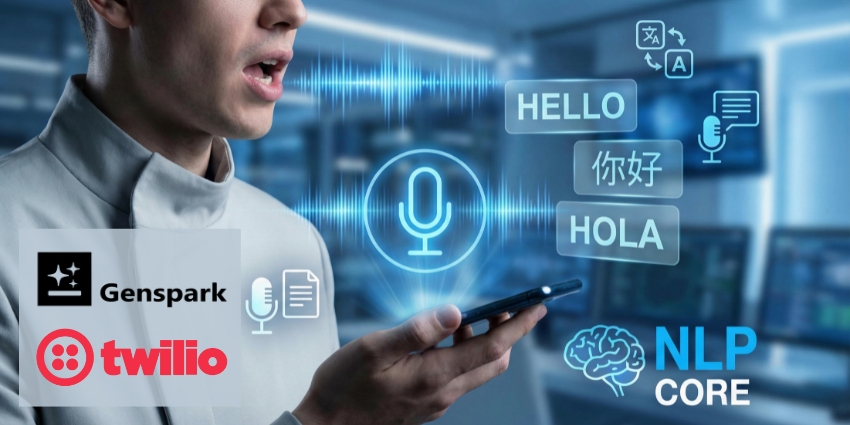Cognitive Collaboration is one of the biggest buzzwords associated with Cisco today. As a leader in the communication and collaboration marketplace, Cisco is striving to prove that if we want to achieve truly “unified” communications, we need to start by connecting not just people, but machines and intelligent systems too.
Today, just a single bad experience with a customer could be enough to send them running to your competitor, meaning that you lose out not just on sales, but on a reputation that matters too. At Cisco Live in June, Cisco started to introduce attendees to the concept of a cognitive and collaborative contact center, and what that really means in the age of experience.
Creating the Cognitive Contact Center
Over the last few months, Cisco has invested in numerous strategic acquisitions designed to support its new “cognitive collaboration” approach to operations. The business purchased Accompany and Voicea earlier this year, as well as CloudCherry more recently. All of these purchases have made a significant difference to the intelligence that Cisco can bring into the contact center environment. As the General Manager and VP of Customer Journey Solutions for Cisco, Vasili Triant, put it; it’s all about “bringing the collaboration portfolio together.”
The Cognitive Contact Center gives today’s businesses access to the information they need on both the front and back end of their communication stack, to support stronger relationships and interactions with customers. Just as human beings use cognition to understand each other with deep thought, analysis, and context, contact centers can use the same intelligent processes to deal with common problems and formulate solutions. Cisco believes that it’s time to change the world’s agent and customer experiences by integrating the contact center with tools like intelligent IVR self-service for Webex Contact Centre users, machine learning, and natural language understanding.
Most importantly, the cognitive contact center helps businesses to understand the journey that their customers take when it comes to connecting with a brand. According to Cisco, understanding how users ended up calling the contact center will help companies to build more effective and personalised experiences in the long-term.
The New and Improved Cisco Contact Center
In an age where experience is everything, your contact center agents are the front line of your company, paving the way for more meaningful moments with your customers. Cisco’s Cognitive Contact Center strategy aims to use integrations, analytics, intelligence, and machine learning to give contact center agents the information they need to make better decisions.
To achieve its goals, Cisco is continually upgrading and enhancing its Webex Contact Center to adhere to its vision of the cognitive contact center. This is just one part of a wider strategy to bring cognition and intelligence to every part of the business communication journey. In the future, Cisco’s portfolio will make sure that everything you do at work, from messaging a coworker to responding to a customer, is as informed and intelligent as possible.







